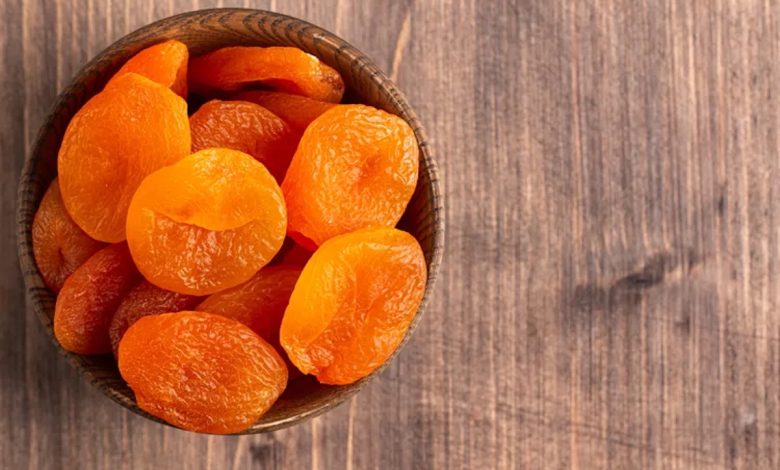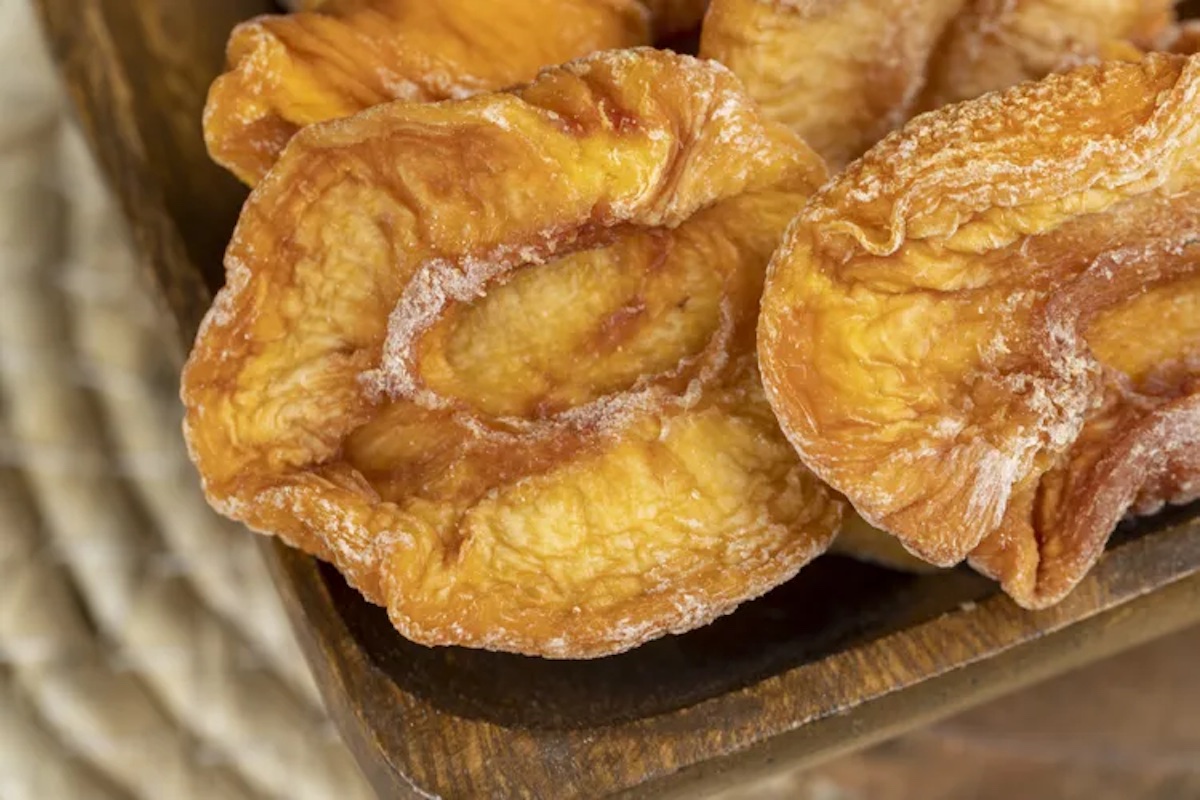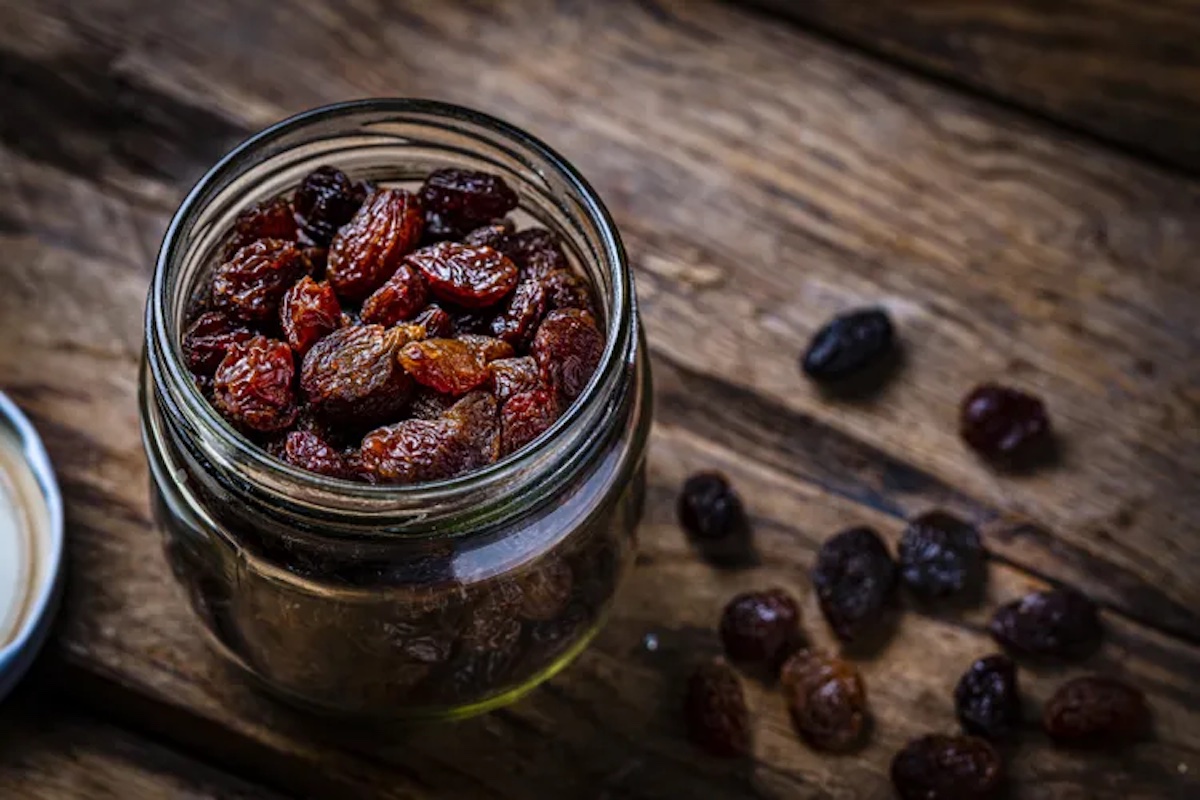6 Fruits That Are High in Iron

Fruits That Are High in Iron: You can get iron from food or supplements, but some foods provide more iron than others. While red meat is a well-known source, many plant-based foods—including fruit—also contain iron.
Fruit provides non-heme iron, a type of iron found in plants. This form isn’t as easy for your body to absorb as heme iron from animal products, but it still offers important health benefits. Dried fruits also tend to have higher amounts of iron because the dehydration process increases the density of nutrients.
How Much Iron Do You Need Per Day?
Fruits That Are High in Iron, How much iron you need a day depends on your age and factors like whether you’re menstruating.
The recommended iron intakes differ for men and women of different ages:
Females aged 14 to 18 need about 15 mg, and those 19-50 years old should get about 18 mg of iron daily. The recommended amount during pregnancy is approximately 27 mg.
After menopause, the recommended daily intake decreases to around 8 mg of iron daily.
Males and older adults need about 8 mg of iron daily.
Vegetarians and vegans may need more iron daily, since they don’t eat iron-rich foods like animal products.
1. Dried Apricots
A half cup serving of dried apricots contains 2.1 mg of iron.
You also get around 5 g of fiber, which can help keep you feeling full throughout the day. Dried apricots are very easy to snack on or add to dishes like oats and cereal.
2. Dried Peaches
A half-cup serving of dried peaches contains 3.3 mg of iron.
Dried peaches are rich in vitamin C, an “enhancer” that helps your body absorb iron. It also gives your immune system a boost.
You’ll get some gut-healthy fiber, potassium, and magnesium, too. Dried peaches are a quick snack that travels well, since they’re not as messy as their juicy, fresh counterpart.

3. Mulberries
A half-cup serving of mulberries contains 1.3 mg of iron.
This naturally sweet fruit doesn’t have a lot of sugar but contains plenty of antioxidants and plant compounds like anthocyanins that may help fight inflammation. Mulberries are great for making jams or adding to muffins.
4. Dried Figs
A half-cup serving of dried figs contains 1.5 mg of iron.
In addition to iron, dried figs can add phosphorus and calcium to your day, which support the health of your bones and teeth.910 However, calcium is an iron inhibitor, meaning it can reduce how much iron your body is able to absorb.
Figs are a tasty treat on their own, but they also make excellent salad toppings.
5. Raisins
A half-cup serving of raisins contains 1.4 mg of iron.
Raisins are a quick pick-me-up that packs iron, as well as other key nutrients like calcium, magnesium, and potassium. Since they’re dried grapes, you may not be getting the hydration of fresh fruit, but you still get some fiber.
Raisins are also super easy to sprinkle on yogurt, cereal, and salads, and can find their way into baked goods and even savory dinner dishes like pasta.

6. Sour Cherries
A half-cup serving of sour cherries contains .5 mg of iron.
If you’re not a fan of sweeter fruits, sour cherries can add some iron to your day.12 Canned sour cherries provide many of the same key nutrients as the fresh or frozen variety, plus polyphenols, which are known for their anti-inflammatory and antioxidant powers.
Polyphenols may make it harder for your body to absorb iron.3However, like many other fruits, cherries also contain malic acid, which may help improve non-heme iron uptake.
These tart-tasting cherries go well with oatmeal, in smoothies, or as a salad topping.
Also Read:
9 Ways You’re Making Your Coffee Unhealthy Without Realizing It
Best Vitamins for Fighting Inflammation
7 healthy breakfast ideas for a happy gut
Morning or evening: What’s the best time of the day to drink chia seed water?




